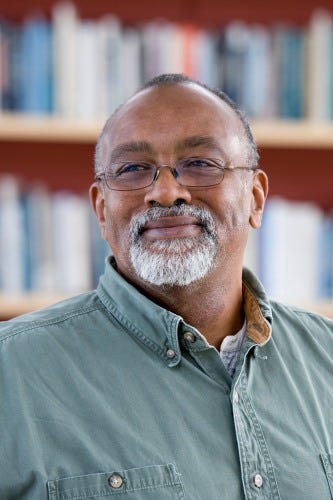
In today’s commentary, I take as my point of departure a video posted on April 22, 2024, in Substack Notes, in which Glenn Loury reads from a prepared statement.
In the fullness of time, we have become equal citizens of this great republic.
Should that have taken another hundred years? No.
Neither should my ancestors have been enslaved in the first place.
Slavery has been a commonplace human experience since antiquity.
Emancipation: The freeing of slaves en masse after an abolition movement.
That was a new idea. It was a Western idea.
It was an idea brought to fruition over a century and a half ago in our own United States of America, with the liberation of 4 million people, an achievement which would have been impossible without moral commitments and philosophical insight cultivated in the 17th and 18th centuries in the West.
This is a beautiful statement…


